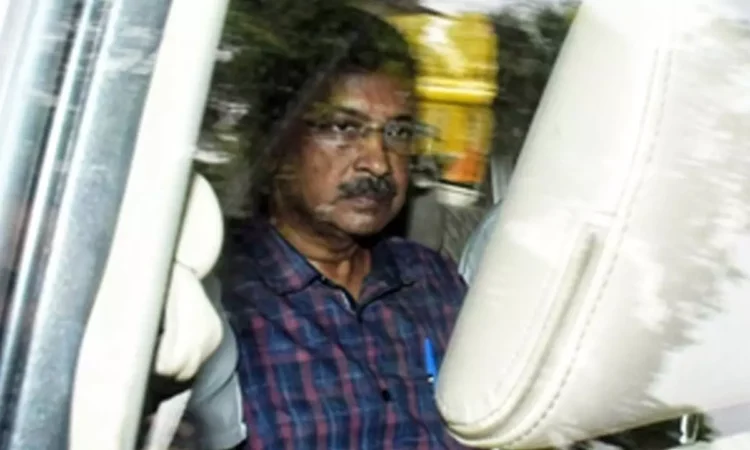Regarding CM Kejriwal’s petition, the ED informs the SC that treating politicians differently from regular criminals would violate the Constitution
New Delhi: The Enforcement Directorate (ED) has informed the Supreme Court that, in the event that a politician is treated differently from a regular criminal in an arrest case, it would be in violation of the equality principle enshrined in Article 14 of the Constitution. This is in response to Delhi Chief Minister Arvind Kejriwal’s plea challenging his arrest.

“The petitioner was taken into custody as a result of the investigating officer’s possession of information needed by Section 19, which would prove his guilt of money laundering, a crime punishable by the PMLA. The financial investigation agency said in its affidavit that “differential treatment in favor of a politician who is guilty of the offence of money laundering would violate the rule of law, which would be a violation of the basic structure of the Constitution.”
The ED said that the context of the widespread evidence destruction must be understood in relation to the excise policy case inquiry.
“A total of approximately 170 mobile phones were changed/destroyed by 36 persons (accused and other persons involved) during the period of the scam and when the scam and irregularities in the Delhi Excise Policy of 2021–22 became public,” the agency said in its affidavit.
In this way, the accused and other parties have deliberately destroyed the digital evidence that is so important to understanding the scheme and money trail.
“Despite such active and criminal destruction of evidence, the agency has been able to recover key evidence that directly reveals the role of the petitioner in the process and activities relating to the proceeds of crime,” it said.
The ED said that the fact that the accused and suspects were utilizing expensive cellphones with enormous storage capacities for digital data and evidence should be taken into account when evaluating the destruction of the digital phones mentioned above.
“Over the last ten years, storing sensitive data on cellphones and in digital format has become standard procedure for maintaining sensitive records. The agency stated that the deliberate destruction of digital evidence in this case, on a large scale, aimed to obliterate any proof that the accused were involved in the money laundering offence. This included evidence of their handling of the proceeds of crime, their involvement in the money trail, and their connection to the process or activities involving the proceeds of crime for the commission of the money laundering offence.
According to the ED, there is only one conclusion to be drawn from the accused’s proactive deletion of evidence: that they made deliberate attempts to obliterate proof of their money laundering offense.
“The destruction of evidence itself is a corroboration of the statements of these accused under section 50 of PMLA (which itself is legally admissible evidence) as well as the involvement of these accused in the offence of money laundering,” said the affidavit.







